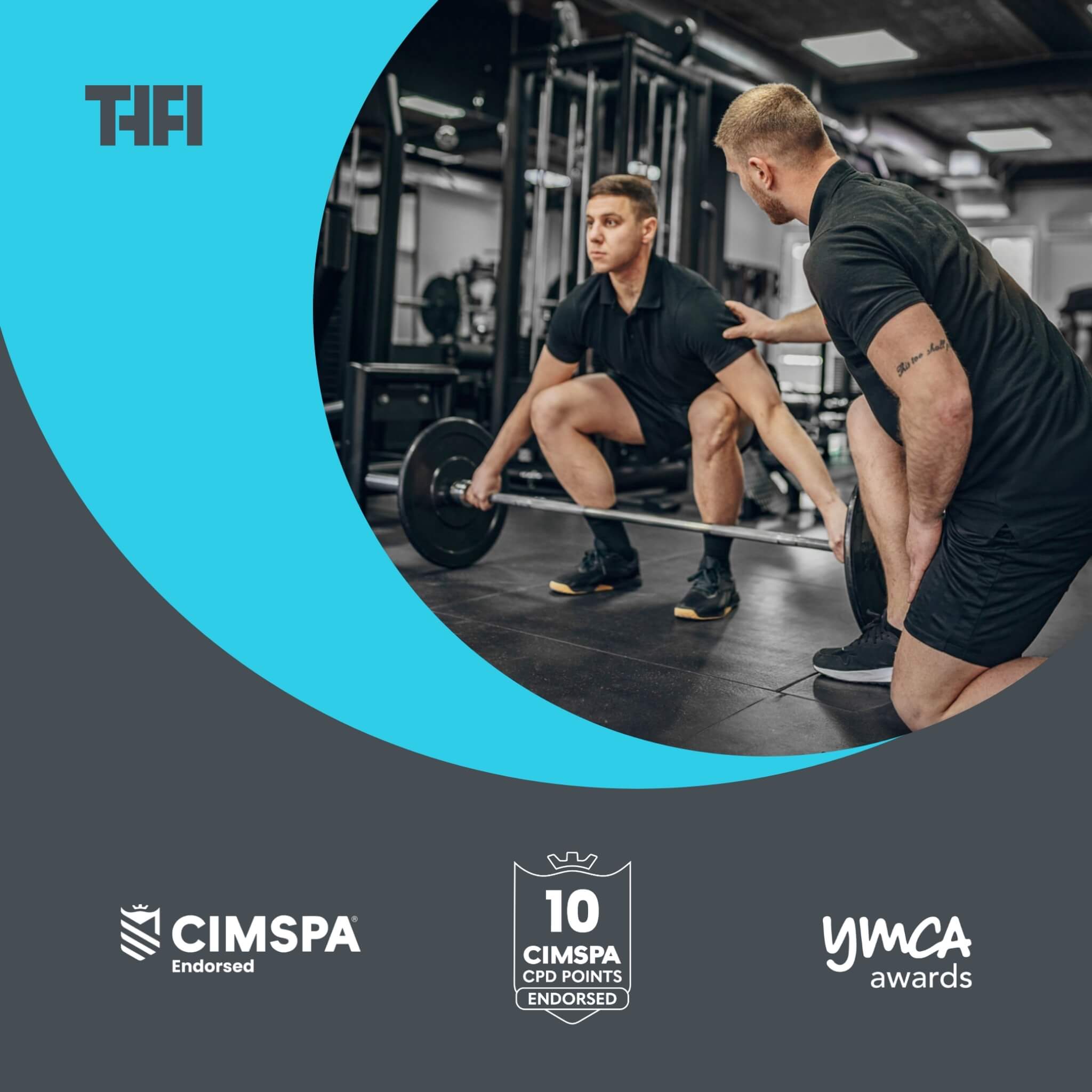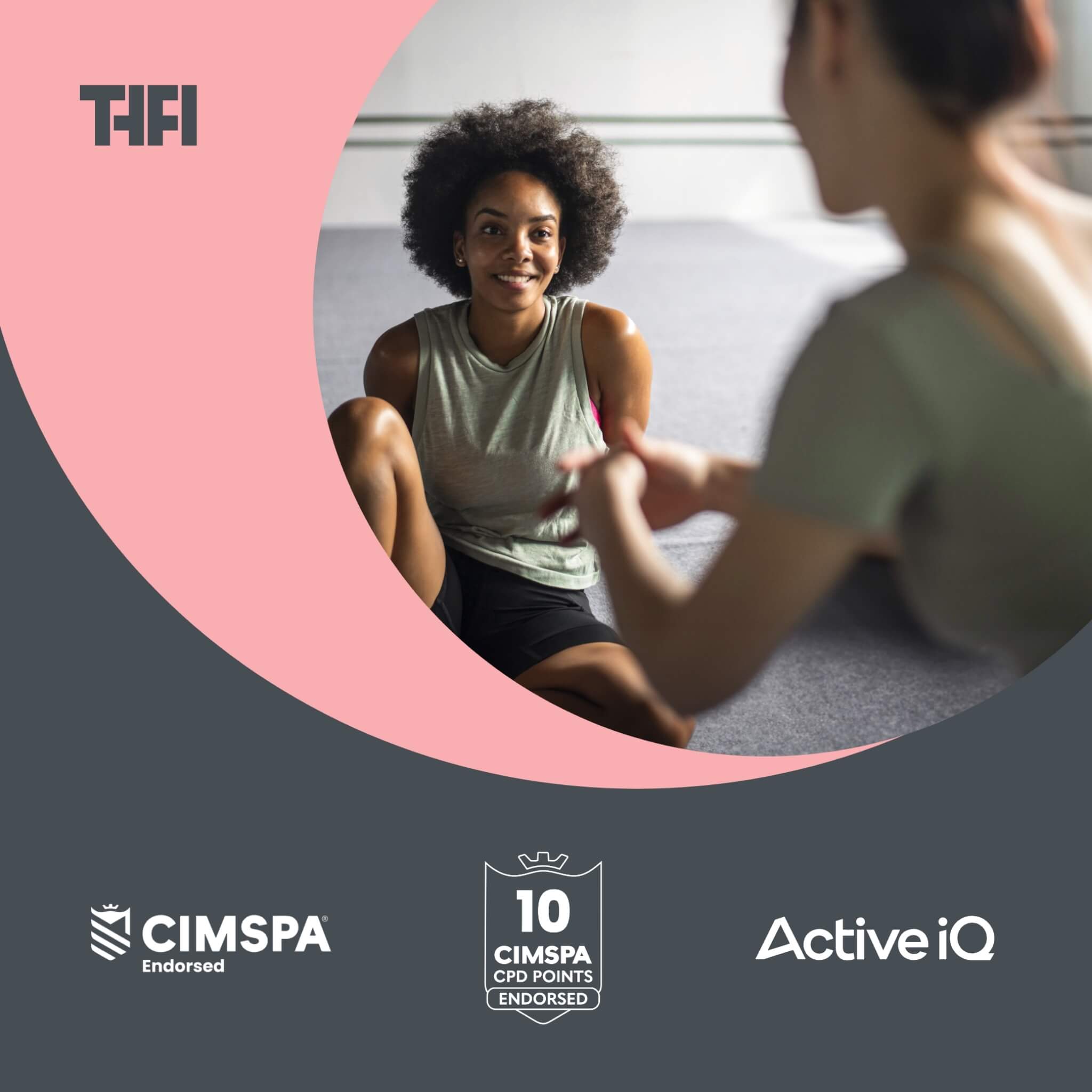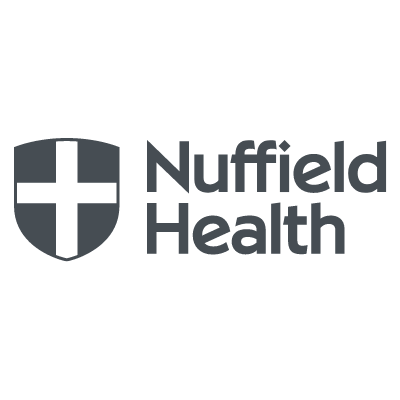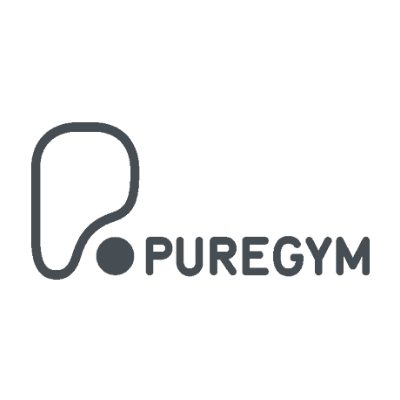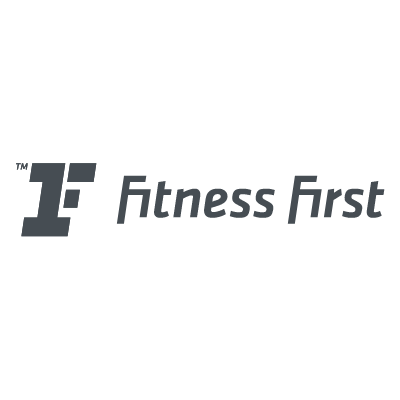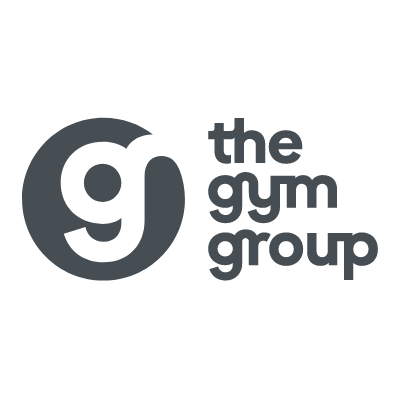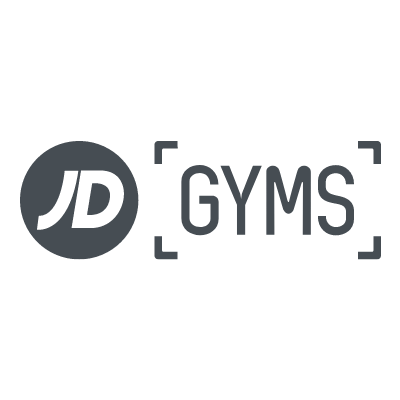How Exercise Boosts Brain Health

Do you know about the powerful effects of exercise on the brain?
As personal trainers, we know all too well how effective training can transform our clients’ bodies.
But fewer PTs are aware of how physical activity can unlock greater mental clarity, sharper focus, and improved memory and cognition.
Understanding the connection between exercise and brain function in this modern world can be a game-changer for you as a fitness professional.
A strong personal trainer qualification gives you the foundation to explore not just physical transformations, but also the cognitive benefits that matter to high-performing clients.
Why? Because so many potential clients who are high-achieving professionals or business owners want the mental benefits of exercise to perform at a higher level and gain a ‘productivity edge’.
So if you can offer more than just physical outcomes...and give your clients the kind of training where they can see and feel the brain benefits in their everyday life, it will set you apart.
This article will dive into three key areas: the science behind exercise and brain health, the specific cognitive benefits of regular physical activity, and practical tips for incorporating brain-boosting exercises into your routines.
By the end of this article, you'll learn how to design exercise programmes that not only improve your clients' physical health but also enhance their cognitive function too.
This knowledge will enable you to offer a unique value proposition, attract more clients, and ultimately increase your success as a personal trainer.
Let's explore the powerful link between exercise and brain function and discover how you can make a difference in your clients' lives beyond the gym...
Understanding the link between exercise and brain function
The science behind exercise and brain health
As personal trainers, we're all familiar with how exercise transforms the body, but the benefits go far beyond muscle and cardiovascular health. Exercise has profound effects on brain physiology, enhancing mental clarity and cognitive function. Understanding these mechanisms can elevate your training programmes and offer your clients a holistic approach to fitness.
When you exercise, your brain chemistry changes. Physical activity triggers the release of neurochemicals and growth factors, which are crucial for brain health. One of the most significant is Brain-Derived Neurotrophic Factor (BDNF). BDNF plays a vital role in neurogenesis – the creation of new neurons – and synaptic plasticity, which is the ability of synapses to strengthen or weaken over time. This is essential for learning and memory.
Studies have shown that aerobic exercise, in particular, increases BDNF levels. For example, a research review published in the Frontiers in Neuroscience explains that regular aerobic exercise significantly boosts BDNF levels in the hippocampus, a region critical for learning and memory. This means that by encouraging your clients to engage in regular aerobic workouts, you are directly contributing to their brain health.
Moreover, exercise enhances the production of other neurochemicals like endorphins, which improve mood and reduce stress. This neurochemical boost not only makes clients feel good post-workout but also has long-term benefits for mental health and cognitive function.
Cognitive benefits of regular physical activity
The cognitive benefits of regular physical activity are numerous and can significantly enhance your clients' quality of life. Here are some key advantages:
Improved memory and learning capabilities
Regular exercise has been shown to improve both short-term and long-term memory. A study published in the British Journal of Sports Medicine demonstrated that participants who engaged in regular physical activity had better performance in memory tasks compared to sedentary individuals. This is particularly beneficial for older clients who may be concerned about age-related cognitive decline.
Enhanced concentration and focus
Physical activity increases blood flow to the brain, which improves overall brain function. This heightened brain activity translates into better concentration and focus.
A study published in Frontiers in Psychology found that higher physical fitness levels are significantly related to improved attention and concentration in adolescents. The research showed that adolescents with better physical fitness scores performed significantly better on tests measuring selective attention and concentration, highlighting the positive impact of physical fitness on cognitive functions. For clients who juggle demanding jobs or academic responsibilities, this can be a game-changer.
Reduced risk of cognitive decline and neurodegenerative diseases
Perhaps one of the most compelling reasons to promote exercise is its protective effects against cognitive decline and neurodegenerative diseases like Alzheimer's. Regular physical activity has been associated with a lower risk of developing these conditions. The Alzheimer’s Society cites a landmark study of over 163,000 people which indicated that exercise could reduce the risk of Alzheimer's by up to 45%. By integrating these findings into your training programmes, you not only help your clients stay fit but also safeguard their brain health as they age.
Key brain functions enhanced by exercise
Memory and learning
One of the most remarkable benefits of exercise is its impact on memory and learning. These cognitive functions are crucial for daily life, affecting everything from job performance to personal growth. As a personal trainer, understanding how different types of exercise enhance these functions can help you tailor your programs to maximise benefits for your clients.
How aerobic exercise improves memory
Aerobic exercise, often known as cardio, is particularly effective at enhancing memory. Activities such as running, cycling, and swimming increase heart rate and promote the flow of oxygen-rich blood to the brain. This increased blood flow stimulates the hippocampus, the brain area responsible for forming and storing memories.
Research published in the Proceedings of the National Academy of Sciences in 2011 highlighted that regular aerobic exercise leads to hippocampal growth, improving memory retention and recall. For instance, clients who engage in consistent aerobic activities tend to show better performance in memory tests and daily tasks requiring memory use. This is particularly beneficial for older adults looking to maintain cognitive function as they age.
Resistance training and its impact on learning
While aerobic exercise is well-known for its memory benefits, resistance training also plays a significant role in cognitive enhancement. Resistance training, such as weightlifting, helps improve learning by increasing the production of insulin-like growth factor (IGF-1), which supports brain plasticity and learning processes.
A study published in the Archives of Internal Medicine found that participants who engaged in regular strength training showed significant improvements in executive functions, including learning new skills. This means that incorporating weightlifting sessions into your clients' routines can help them not only build muscle but also improve their ability to learn and adapt to new information.
Executive function
Executive function encompasses higher-order cognitive processes such as decision-making, problem-solving, and organisational skills. These are critical for effective functioning in both personal and professional settings.
Enhanced decision-making and problem-solving skills
Exercise has been shown to enhance decision-making and problem-solving abilities. These skills are essential for managing daily challenges and making strategic decisions. A study in British Journal of Sports Medicine indicated that regular physical activity improves cognitive flexibility, which is the ability to switch between tasks and think about multiple concepts simultaneously. This is particularly useful for clients in high-pressure jobs or those who need to make quick, effective decisions regularly.
By incorporating varied exercises that challenge both the body and the mind, such as circuit training or sports that require strategic thinking, you can help your clients improve their cognitive flexibility and problem-solving skills.
Better time management and organisational abilities
Exercise also positively impacts time management and organisational skills. Physical activity helps enhance brain regions involved in planning and executing tasks, leading to better organisational abilities.
For personal trainers, this means that promoting regular exercise can help clients become more efficient and organised in their daily lives. This can be particularly appealing to clients who struggle with balancing work, family, and personal commitments.
Emotional regulation
Emotional regulation is the ability to manage and respond to emotional experiences in a healthy way. Exercise plays a crucial role in enhancing this ability, contributing to overall mental well-being.
Exercise and stress reduction
Physical activity is a powerful stress reducer. Exercise triggers the release of endorphins, the body's natural mood elevators. These neurochemicals act as natural painkillers and mood boosters, reducing the perception of stress and promoting a sense of well-being.
A study from the American Psychological Association found that individuals who engage in regular physical activity report lower levels of stress and better stress management. By incorporating stress-reducing activities such as yoga, pilates, or even brisk walking into your clients' routines, you can help them manage stress more effectively.
Boosting mood and mental health
Regular exercise is also linked to improved mood and mental health. Physical activity increases the production of serotonin and dopamine, neurotransmitters that play key roles in mood regulation. Higher levels of these chemicals are associated with reduced symptoms of depression and anxiety.
A comprehensive review published in JAMA Psychiatry revealed that exercise is as effective as antidepressants in treating mild to moderate depression. The study emphasizes the significant impact of physical activity on mental well-being, highlighting that regular exercise can be a powerful intervention for improving mood and reducing symptoms of depression For personal trainers, this highlights the importance of promoting regular exercise as a tool for enhancing mental health and overall emotional well-being.
Practical tips for incorporating brain-boosting exercises
Designing an effective exercise routine
Creating an effective exercise routine that enhances both physical and cognitive health requires a strategic approach. By balancing different types of exercise, you can maximise the benefits for your clients and set them on a path to overall well-being.
Balancing aerobic and strength training
A well-rounded exercise routine should include both aerobic and strength training. Aerobic exercises, such as running, cycling, and swimming, are essential for cardiovascular health and cognitive function. These activities increase heart rate and blood flow to the brain, boosting memory and learning capabilities.
Strength training, on the other hand, is crucial for building and maintaining muscle mass. It also has significant cognitive benefits, such as improving executive functions and learning processes. To balance these, you could alternate days of aerobic and strength training or combine them into a single workout session. For example, a weekly routine might include three days of aerobic exercise and two days of strength training.
Including high-intensity interval training (HIIT)
High-Intensity Interval Training (HIIT) is an excellent way to enhance both physical fitness and cognitive function in a time-efficient manner. HIIT involves short bursts of intense exercise followed by brief rest periods, which can significantly improve cardiovascular health and stimulate brain function.
Research published in the journal Brain Sciences suggests that HIIT can enhance brain plasticity, executive function, and cognitive flexibility. By incorporating HIIT into your clients’ routines, you can offer them a highly effective workout that also boosts their mental agility. A typical HIIT session might include exercises like sprinting, jumping jacks, or burpees, performed in intervals of 30 seconds of activity followed by 15 seconds of rest.
Specific exercises to enhance cognitive function
Different types of exercises offer various cognitive benefits. Here are some specific activities you can incorporate into your clients’ routines to boost brain function.
Aerobic activities: running, cycling, swimming
Aerobic exercises are fantastic for enhancing memory and learning. Running, for example, increases the production of BDNF, which supports neurogenesis and cognitive health. Cycling and swimming are also excellent choices, as they elevate heart rate and improve overall brain function.
Encourage your clients to engage in at least 30 minutes of moderate to vigorous aerobic activity most days of the week. This consistent aerobic exercise will help maintain optimal brain health and improve cognitive performance.
Strength training: weightlifting, resistance bands
Strength training exercises like weightlifting and using resistance bands are crucial for improving executive functions and learning. These activities promote the release of IGF-1, a growth factor that supports brain plasticity.
Incorporate strength training exercises at least two to three times a week. Focus on compound movements like squats, deadlifts, and bench presses, which engage multiple muscle groups and provide a robust stimulus for cognitive enhancement.
Mind-body exercises: yoga, Pilates
Mind-body exercises such as yoga and Pilates are particularly effective for stress reduction and emotional regulation. These activities combine physical movement with mental focus, helping to reduce anxiety and boost mood.
Yoga, for instance, promotes relaxation and mindfulness, which can enhance emotional regulation and reduce stress levels. Pilates focuses on core strength and flexibility while also encouraging mental concentration. Including these exercises in your clients’ routines can help them manage stress and improve their overall mental health.
Conclusion
We've explored the powerful connection between exercise and brain function. We've delved into the science behind how physical activity impacts brain physiology, particularly through the release of neurochemicals like BDNF, which are essential for cognitive health.
We've also highlighted the cognitive benefits of regular physical activity, including improved memory, enhanced concentration, and a reduced risk of cognitive decline and neurodegenerative diseases.
Understanding these benefits is crucial for personal trainers who aim to provide comprehensive health improvements for their clients. By incorporating brain-boosting exercises into your training programmes, you can offer a more holistic approach that benefits both body and mind.
Incorporating exercises that boost brain function into your training programmes can set you apart in the competitive fitness industry. This holistic approach not only helps clients achieve their physical fitness goals but also enhances their cognitive abilities, leading to overall better quality of life.
As a personal trainer, it's important to educate your clients about the cognitive benefits of exercise. Share with them how regular physical activity can improve their memory, enhance their focus, and reduce their stress levels. They will begin to see and feel the positives effects on their own life, and in doing so they will be more likely to stay committed to their fitness routines long-term.
Looking to turn your passion into a career? Become a CIMSPA-certified personal trainer in as little as 16 weeks with THFI.









